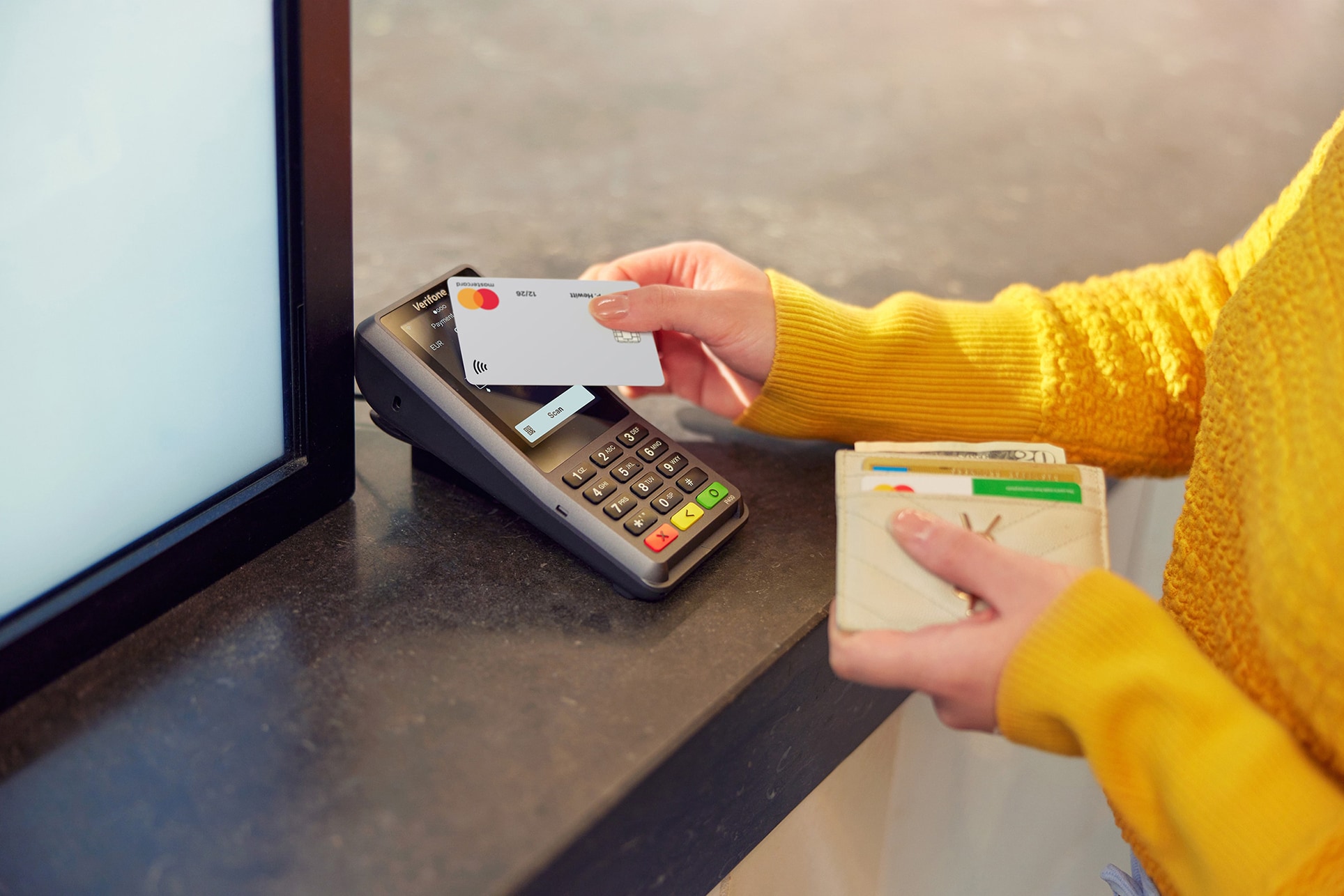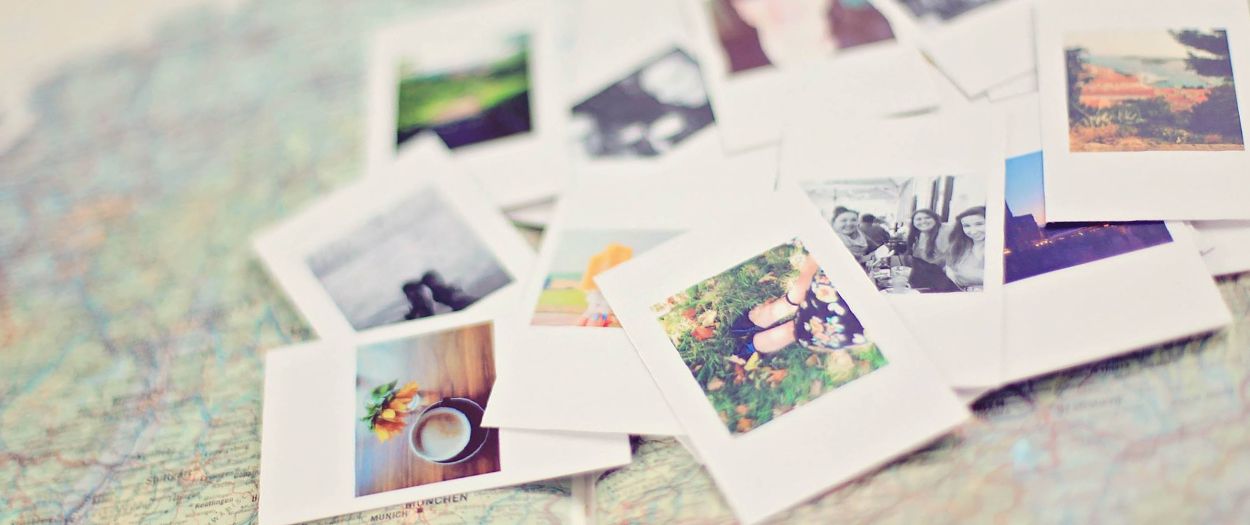How can you use psychological tricks to turn your hotel website into a conversion machine? In our previous article, we covered some of the clever techniques Booking.com uses to get guests to book faster. In this blog, we'll discuss four other psychological theories and how you can apply them to your hotel website.
We will cover the following theories:
(Click on the theory to go straight to the explanation)
Self-Efficacy
Whether or not a visitor will book on your website depends very much on his degree of self-efficacy. Self-efficacy is a person's belief that they have the necessary knowledge and skills to perform a task or achieve a goal; in this case, making a successful booking. As the goal provider, you have a lot of influence on this process.
Don't be afraid to give overly clear instructions during the booking process, even if they are obvious to you. Make sure that the booking process itself is as easy and short as possible. Give your booker confirmation that they are going to achieve their goal without any obstacles, for example:
- Placing an eye-catching button on your website that leads to a booking environment.
- Having a modern and straightforward booking module on your website; this gives the guest confidence and certainty about their reservation.
- Providing clear and encouraging texts during the booking process, such as: ‘Just one minute away from booking' or 'We only need a few more details'.
- Let your booker know that they are making the right choice, with texts like: 'You have chosen the best deal for this period!’
Also read: 5 tips to drive more direct bookings at your hotel website
Present focus bias
Rather today than tomorrow: the present focus bias is the theory that when you're presented with different options or rewards, you're more likely to choose the option that's immediately available (rather than the best option). Booking sites respond to this need with texts and pop-ups that say: 'This room is almost yours!’. These comments fuel the feeling of impatience and the need for immediate gratification when deciding.
You can place this kind of encouragement on your website, but you can also take it a step further. For example, do you have certain deals or packages that you would rather sell than others? Make them more visible on your website and promote the immediate availability of these packages. A website visitor is more likely to go for the immediately available deal, than for the less visible one.
Colour psychology
Colours and their intensity have a tremendous influence on how we perceive and interpret something. At popular booking sites, you will see that calm colours alternate with more active or aggressive colours when an action is expected. We associate the colour green with growth, money, and advantage. That's why you'll often see that prices, discounts or facilities are shown in green letters. Important announcements and warnings are often shown in orange (cancellation policy during COVID-19) or red (only x number of rooms left).
Try playing with this colour difference on your website. Would you like to draw attention to certain things or measures that you are taking? Use orange or red. Would you like to promote reduced prices for your rooms? Put the price difference in green. Extra tip: draw more attention to your booking button by using an intense colour that does not (often) appear on your website.
Interesting as well: 5 successful pricing strategies for a higher revenue
Hobson +1 effect
The Hobson +1 effect argues that if you give the visitor a third choice in addition to 'buy' or 'don't buy' (or in this case book or don't book) the visitor will make the desired choice more quickly. You might think that adding an extra choice at such a crucial stage is a distraction, but the opposite is true. By adding an extra option that is less valuable, the valuable option is clicked on more rapidly. The explanation for this is that when the guest has only two options (book or not book), the rational thoughts (e.g. 'isn't this too much money?') can dominate more quickly. Your rational brain is distracted when there is a third option that has less value, giving the emotional brain ('I want to have this') more room to choose to buy.
Would you like to try out the Hobson +1 effect? Place a (less distinctive) second button or link next to or under the 'book now' button, such as a subscription to your newsletter or links to your social media pages.
Other articles that might interest you:
- Make your hotel website as effective as Booking.com
- 5 tips to impress your hotel guests
- 4 performance indicators (metrics) for a more profitable hotel
About SmartHOTEL
For more than 16 years, SmartHOTEL has been helping hoteliers navigate the exciting world of online distribution. From our office based in the Netherlands and the United Kingdom, our team serves independent hotels, hostels and chains worldwide by providing channel management and tailored online distribution solutions. A lot has changed over the last years, but our goal remains the same: simply connect hotels to the world. For any questions regarding our services, please contact us at sales@smarthotel.nl or call +31 (0)182 75 11 18.





.png?width=280&name=SmartHOTEL_logo_websitefooter%20(002).png)
